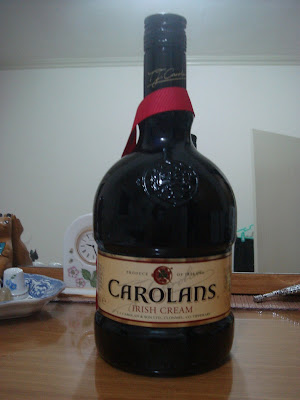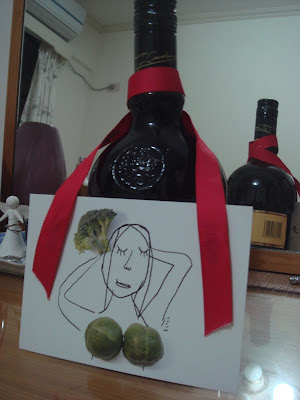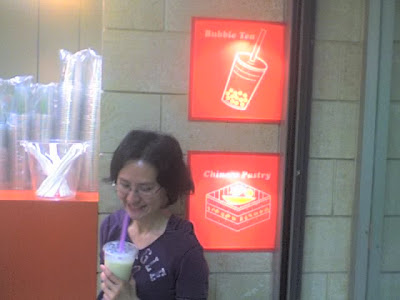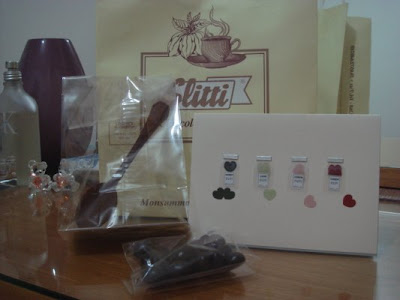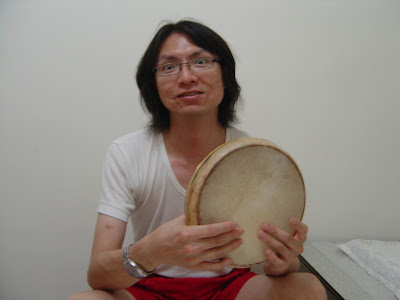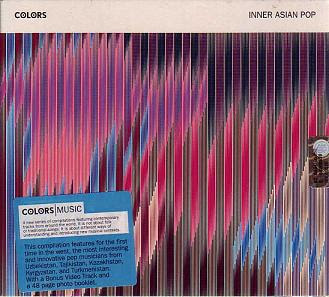
(Masthead of Taiwan Daily News, first issue, 6 May 1898)
At last, the project proposal I submitted is formally approved by the National Science Council, Taiwan – that is to say, I've just been offered a one year fixed term contract job.
The project intends to construct a database of articles and all the contents about music, including people, events, venues and objects, in Taiwan Daily News (臺灣日日新報 Taiwan ririxin bao), the longest continuously published newspaper from 1989 to 1944, almost the whole period of the Japanese rule over Taiwan. The database will provide valuable sources for studies on music history and any other musical subjects during the Japanese colonial period.
I will be working as a postdoctoral fellow at National Taiwan University in 2009, while teaching Musical Cultures Around the Globe there and another university, hosting radio programmes, composing for commercial films and so on to earn some more pocket money. Above all, with the materials collected and gleaned from Taiwan Daily News by project team members, I will also be able to examine the musical life of Taiwanese locals in the colonial era and carry out my own research.
Breathing a sigh of relief, Fanne is very much delighted to learn that I have eventually found a full-time job and one year's salary plus year-end bonus is guaranteed. Although Christmas is not a public holiday in Taiwan, and due to the economic downturn, it hardly feels Christmasy at all in Taipei, we just take this as one of the best Christmas gifts we've ever received.


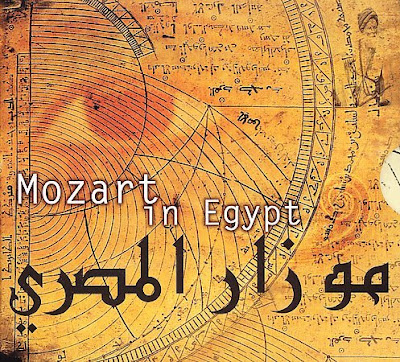


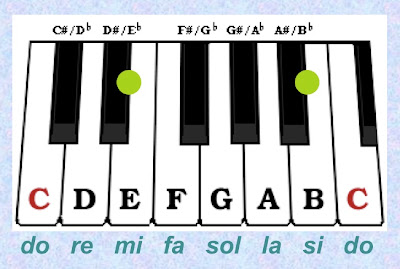
 The state-run
The state-run 





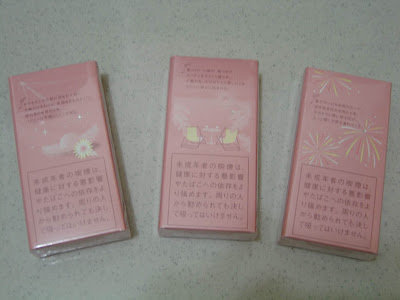
 Last year, the courageous
Last year, the courageous 